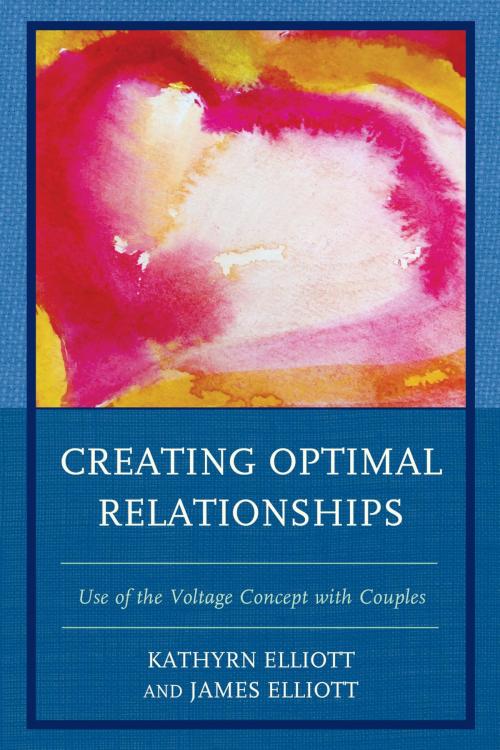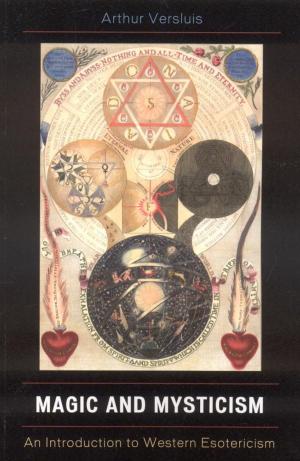Creating Optimal Relationships
Use of the Voltage Concept with Couples
Nonfiction, Health & Well Being, Psychology, Family Therapy, Psychoanalysis, Psychotherapy| Author: | James Elliott, Kathryn Elliott | ISBN: | 9781442238114 |
| Publisher: | Rowman & Littlefield Publishers | Publication: | October 30, 2015 |
| Imprint: | Rowman & Littlefield Publishers | Language: | English |
| Author: | James Elliott, Kathryn Elliott |
| ISBN: | 9781442238114 |
| Publisher: | Rowman & Littlefield Publishers |
| Publication: | October 30, 2015 |
| Imprint: | Rowman & Littlefield Publishers |
| Language: | English |
Recent relationship science research finds that intense, satisfying romantic love is a real phenomenon occurring in couples. Creating Optimal Relationships: Use of the Voltage Concept with Couples provides the field of marriage and family therapy with the first model for assisting couples to sustain bliss for a lifetime. The voltage concept, based on over forty years of clinical research, uses a skills-based approach from Anthetic Relationship Therapy. By providing psychodynamic skills for facilitating each partner’s psychological growth, the psychological infrastructure is then achieved for supporting optimal relating skills. The voltage concept presents a useful dichotomy of closeness levels to which partners aspire. Couples who want a more surface relationship fit a
Low-Voltage Relationship model marked by less emotional intensity. With such couples, minimal skills can be taught to reduce any conflict that brought them to therapy.
High-Voltage couples desire great emotional depth and receive skills to help them achieve it. Perhaps even more valuable, the voltage vocabulary equips clinicians and partners in understanding a common source of couple conflict; that is, the voltage mismatch. The book offers options for treatment when a voltage discrepancy exists in the couple.
Recent relationship science research finds that intense, satisfying romantic love is a real phenomenon occurring in couples. Creating Optimal Relationships: Use of the Voltage Concept with Couples provides the field of marriage and family therapy with the first model for assisting couples to sustain bliss for a lifetime. The voltage concept, based on over forty years of clinical research, uses a skills-based approach from Anthetic Relationship Therapy. By providing psychodynamic skills for facilitating each partner’s psychological growth, the psychological infrastructure is then achieved for supporting optimal relating skills. The voltage concept presents a useful dichotomy of closeness levels to which partners aspire. Couples who want a more surface relationship fit a
Low-Voltage Relationship model marked by less emotional intensity. With such couples, minimal skills can be taught to reduce any conflict that brought them to therapy.
High-Voltage couples desire great emotional depth and receive skills to help them achieve it. Perhaps even more valuable, the voltage vocabulary equips clinicians and partners in understanding a common source of couple conflict; that is, the voltage mismatch. The book offers options for treatment when a voltage discrepancy exists in the couple.















